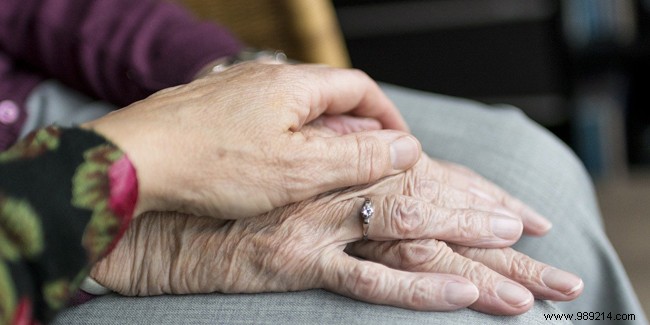
Have you been confronted with a refusal of care by a health professional for a reason that you consider discriminatory? Or do you think you paid for medical procedures that were way too expensive? It is now possible to contact organizations to file a complaint against these actions. Explanations.
According to the terms of decree no. 2020-1215 of October 2, 2020 relating to the procedure applicable to discriminatory refusal of care and abusive or illegal excess fees, "constitutes a discriminatory refusal of care, any practice tending to prevent or dissuade a person from accessing prevention or care measures, by any process whatsoever and in particular by obstacles placed in the way of effective access to the health professional or the benefit of the normal conditions of financial coverage of the acts , health services and products, for one of the grounds of discrimination mentioned in the Criminal Code .
A healthcare professional is prohibited from refusing a patient, on pain of disciplinary, criminal or civil sanctions, on discriminatory grounds. These grounds are defined by law:a refusal of care to a patient is considered discriminatory if the reason is his origin, his sex, his family situation, his state of health, his handicap, his mores, his sexual orientation, his age , his political opinions, his trade union activities, or his membership or non-membership of a specific ethnic group, nation, race or religion.
In the same way, the financial situation of a patient cannot be at the origin of a refusal of care without it being qualified as discriminatory. A situation experienced by many recipients of universal health coverage (CMU), complementary health solidarity (CSS) and state medical aid (AME), allowances allocated to the most modest households.
The fees of health professionals are considered abusive (or illegal) from the moment it is found that they do not correspond to the complexity of the act performed, the time spent, the service rendered to the patient, the notoriety of the practitioner, the percentage of acts with overruns or the average amount of overruns performed, for a comparable activity with health professionals practicing in the same department or in the same administrative region.
If you think you are the victim of a discriminatory refusal of care or abusive fees on the part of a health professional, you have the possibility of transmitting your complaint to the commissions recently set up, made up of representatives of the Primary Fund health insurance (CPAM) and the National Council of the Order of Physicians (CDOM).
These commissions have above all a role of conciliation, that is to say that they first try to settle the dispute between the patient and the doctor amicably. As a last resort, complaints are dealt with by the CDOM's disciplinary chambers.
You have the option of requesting that a conciliation commission examine your complaint for discriminatory refusal of care or for abusive fees by contacting either the director of your CPAM or the president of the CDOM. You must then mention in your request your identity, your contact details, those of the health professional in question, as well as provide a description of the facts that you accuse him of. It is the president of the CDOM who is responsible for informing the doctor of your procedure.
The conciliation procedure session requires in principle the presence of the patient who lodges the complaint (with the possibility of being assisted or of being represented) and that of the healthcare professional concerned who may also be assisted or represented by a person of his choice.
At the end of this meeting, two cases can arise. Either a common ground between the patient and the doctor is found. The patient withdraws his complaint and the commission puts an end to the dispute. Either conciliation is not possible (the patient does not wish to withdraw his complaint or one of the two parties has not responded to the summons from the commission). In this case, the patient's complaint is brought before the CDOM's disciplinary chambers.
Note:the implementation of a conciliation commission is not possible if the health professional has already been the subject of a conviction for discriminatory refusal of care or abusive fees during the six years preceding the complaint. of the patient. The case is then brought directly before the National Council of the Order of Physicians.